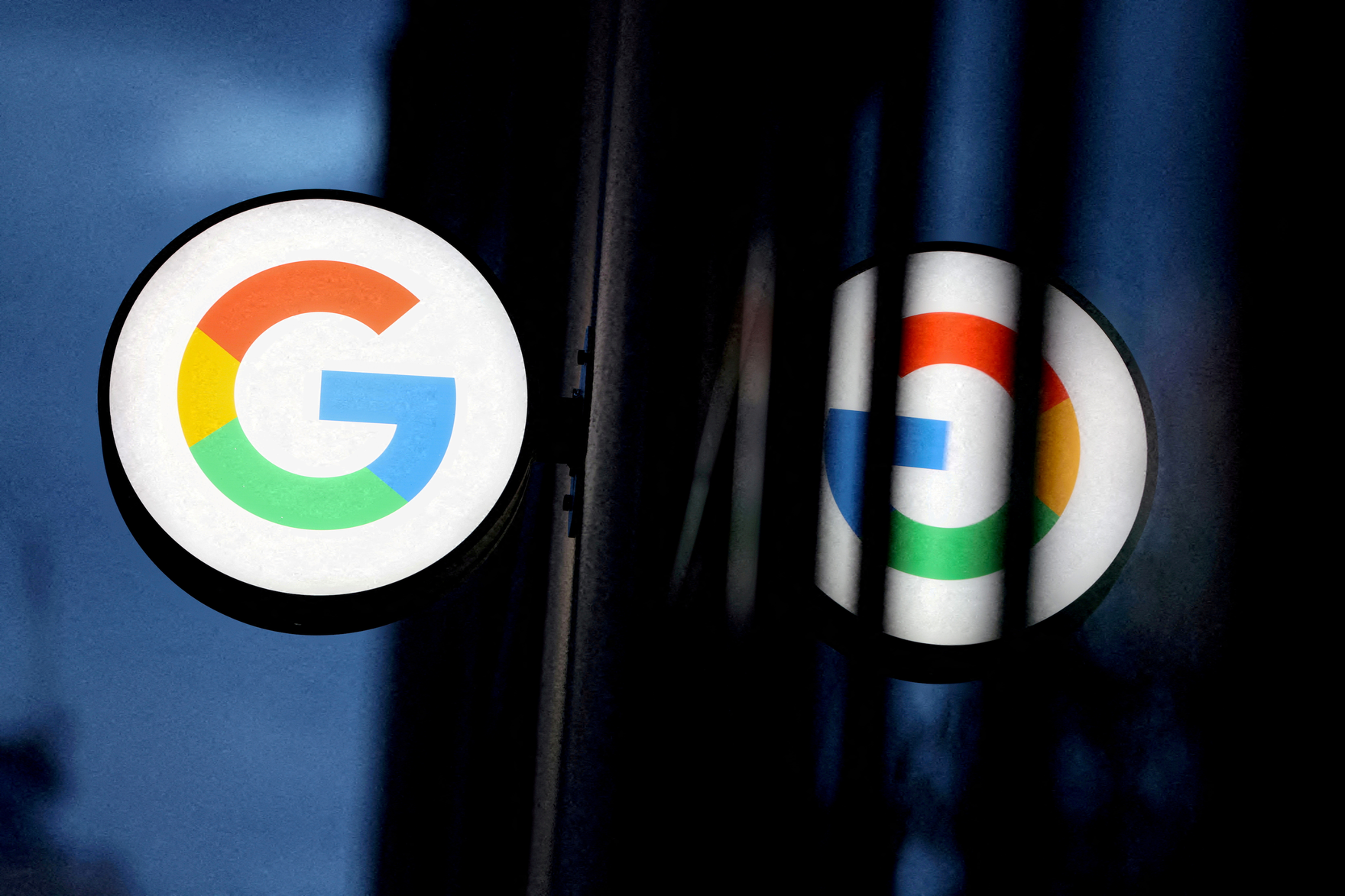Debate over the Online News Act (Bill C-18) has been hijacked by critics who charge that it’s all about just one thing: getting Google and Facebook to pay for links to news content. This framing, however, illuminates just one part of the bill, while making it next to impossible to discuss its arguably more significant parts, which could add up to a fair carriage regime for news.
Is the legislation perfect? Absolutely not.
First, it does nothing to break up Google and Facebook’s entrenched monopoly power that, according to two current cases in the United States, has caused news media to get a significantly smaller cut of advertising revenue, forced advertisers to pay higher prices, and undermined people’s privacy made worse than would otherwise be the case in more competitive markets.
Second, instead of trying to rectify any of this, the act tries to get a bigger slice of the digital platforms’ dollars and data for Canadian news media. This approach, however, will only further entrench the surveillance capitalism model that has caused so much damage to the digital news system to begin with. Given that companies such as Bell are themselves now in the data-gathering business, Bill C-18 entrenches a status quo of custom ad-driven social media and media.
Third, the fact that Canada’s largest media conglomerates — some with revenue multiple times higher than what Google and Facebook earn in Canada — will likely be the biggest beneficiaries of this bill also strikes the wrong note.
Fourth, while the act will do nothing to limit digital platforms and news media’s ability to harvest data about us, we will never know much about them due to the bill’s pitifully weak information disclosure obligations.
But it’s not all bad.
The act does create the possibility of payment for links. But it does more than that. It would establish a framework for governing the few very large digital platforms that, beyond linking, indexing, aggregating and ranking news content, use news in their search, social media, app stores, advertising and other emerging services.
For instance, news content from The Globe and Mail, Postmedia, CBC, CTV, Toronto Star and so forth, are important parts of Google Search and Google News Showcase, as branded YouTube channels and apps in Google Play, and its online advertising exchange, the engine of its empire.
While news accounts for only 3–4 percent of the content shared on Facebook, the world’s biggest social media conglomerate is a significant “pathway to news” for many people.
Google and Facebook raked in 80 percent of the $12.3 billion in online advertising revenue in Canada in 2021 — twice the revenue for the broadcast television and newspaper sectors combined.
These companies’ position at the crossroads of commerce and communication gives them the power to set, change or withdraw the terms of carriage involved in making news available to the public. Those terms influence how news is distributed, promoted, consumed and paid for. They also dictate who owns and controls the audience data generated by such activities — the lifeblood of the digital media economy.
Right now, the act will only apply to Google and Facebook, but it could be applied to Apple, Microsoft, Samsung and a few other very large news aggregators in the future, too.
To address the existing imbalanced terms of trade, the Online News Act requires digital platforms to negotiate fair carriage and compensation deals with eligible news media businesses. The digital platforms are expected to pay Canadian news businesses between $150 and $329 million per year once the act kicks in, with most (75 percent) going to broadcasters such as Bell, Rogers, the CBC and Quebecor, and the rest to print and digital groups such as Postmedia, The Globe and Mail, Winnipeg Free Press and Saltwire Network.
Google and Facebook have already struck hundreds of deals with these groups, in part to hold regulatory moves like Bill C-18 at bay. For instance, Google has struck 150 deals with Canadian news groups and provided funding to 229 news outlets from its Journalism Emergency Relief Fund since 2020.
Because these deals are private, however, little is known about them. The act could fix that, if its information disclosure obligations for digital platforms and news businesses were given some teeth, and the details of what is expected from them not merely punted to the Canadian Radio-television and Telecommunications Commission.
Potentially one of the best features of the act, however, is its ban on digital platforms — such as the ones mentioned above — from giving any news service, including their own, unreasonable advantages, or subjecting them to undue disadvantages. This ban on preferential treatment could prevent, for instance, Google’s YouTube, Google Play, Google News Showcase, Google Search, online advertising system and so forth from pulling the plug on Canadian news media.
It’s a soft “must-carry” measure that would be handy right now to counter Google’s efforts to degrade the quality of its search results for Canadian news sources as part of its campaign to kill Bill C-18.
The Online News Act is not just about making Google and Facebook pay for links to news content, but resetting the terms of trade between very large digital platforms and the news industry.
It falls short of doing as much as it could to restore a viable free press and foster a more democratic internet. But it could provide the foundation for something better.
A version of this article has appeared in The National Observer.



